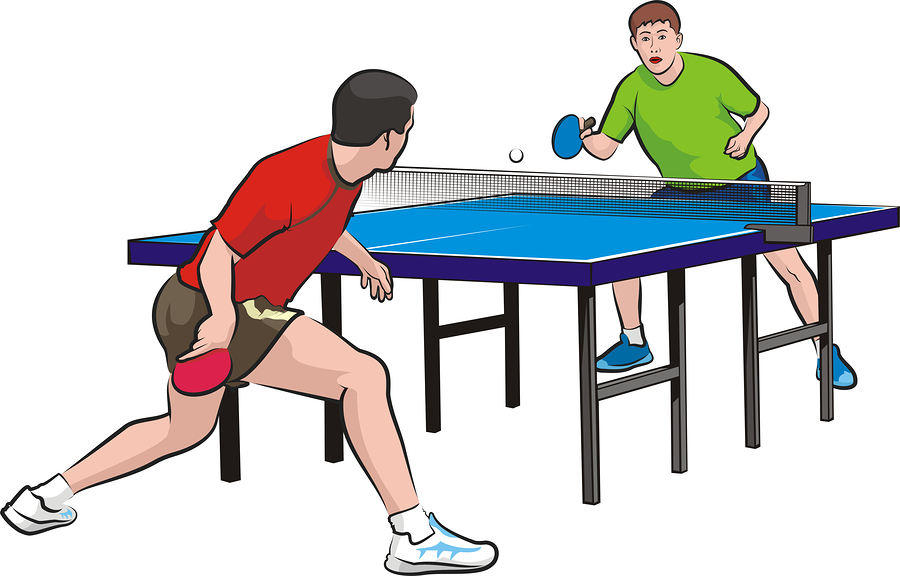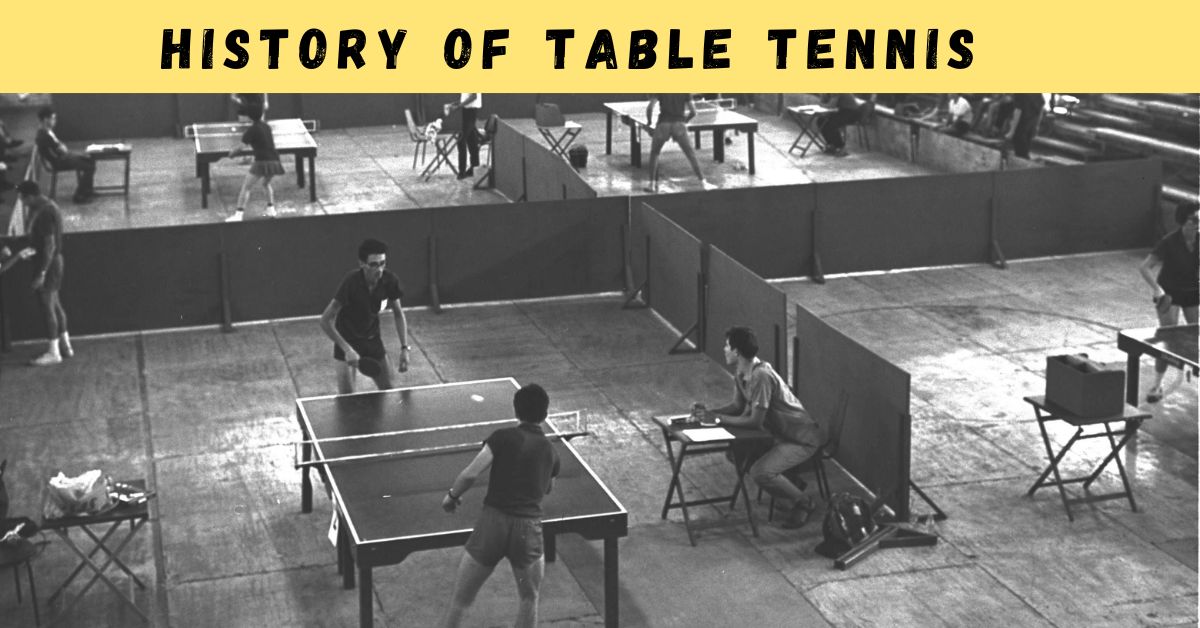From the courtyards of French monasteries to the pristine lawns of Wimbledon, tennis has evolved immensely over the years. The sport, with its grace and finesse, has embedded itself in the fabric of global culture, offering not just athletic brilliance but also moments that have transcended boundaries and time. Let’s journey back and uncover the rich history of Table Tennis
Birth of Table Tennis: The Early Beginnings
The genesis of table tennis traces back to the late 19th century in England. Here, upper-class Victorians found a way to enjoy lawn tennis indoors during inclement weather. They adapted the game using household items like cigar box lids as rackets and books as nets. This version of tennis, often referred to as “indoor tennis,” laid the foundation for the sport we now know as table tennis.

The Evolution of Table Tennis
Table tennis went through a huge change in the mid-twentieth 100 years. The game’s ubiquity flooded in Europe and Asia, with different names like “gossima” and “ping-pong” arising. The celluloid ball supplanted the plug ball, and the presentation of elastic on racket surfaces upset interactivity, stressing twist and control.
The Rise of International Competition
Global interest in table tennis developed, prompting the foundation of the Worldwide Table Tennis Organization (ITTF) in 1926. The main World Table Tennis Titles were held in London that year, denoting the formalization of cutthroat table tennis on a worldwide scale.
Olympic Recognition and Modernization
Table tennis was presented as an Olympic game during the 1988 Seoul Games. This achievement launched the game’s status, making it a standard serious occasion watched by millions around the world. The game kept on modernizing with progressions in racket and ball innovation, bringing about quicker energizes and more powerful interactivity.
Table Tennis Through the Ages: A Brief Statistic Overview
| Era | Significant Evolution | Notable Players |
|---|---|---|
| Late 19th Century | Emergence of indoor tennis variations | Upper-class Victorians |
| Early 20th Century | Transition to table tennis, rubber rackets, celluloid ball | Viktor Barna, Ruth Aarons |
| Mid 20th Century | Formation of ITTF, First World Championships | Ichiro Ogimura, Angelica Rozeanu |
| Late 20th Century | Olympic recognition, Technological advancements | Jan-Ove Waldner, Deng Yaping |
| 21st Century | Continued global expansion, Dynamic gameplay | Ma Long, Liu Shiwen |
The Last Serve: Reflecting on the Legacy
Table tennis, with its celebrated history, remains as a confirmation not exclusively to athletic ability yet in addition as a story of development, steadiness, and worldwide fellowship. From its modest indoor starting points to gracing the Olympic stage, table tennis has developed into a unique game that enthralls fans, everything being equal. An inheritance highlights the capacity of sports to rise above social boundaries and make shared snapshots of energy.

Subsequently, the game serves not simply as a round of accuracy and expertise but also as an account of development, solidarity, and the quest for greatness. Its process proceeds to rouse and engage, promising that its heritage will reverberate for a long time into the future.
Read More: Bumping Through Time: A Journey into the History of Volleyball
